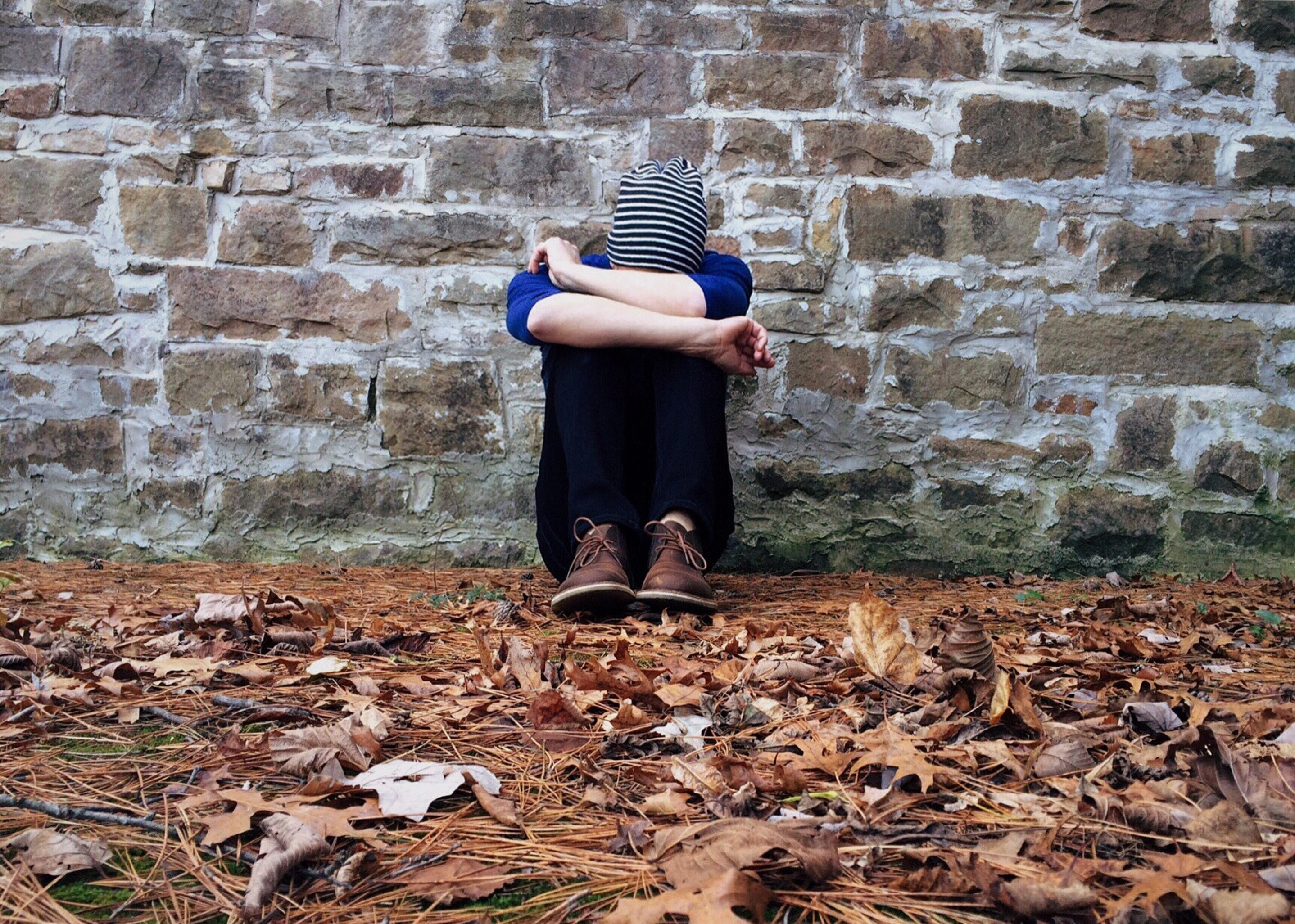Introduction

Minors who commit violent crimes should not be tried and sentenced as adults in courts of law because their understandings of crime and their experiences are different. Unlike adults, there are several factors that are not immediately apparent that are associated with juveniles who commit crimes. However, punishing them is not going to create the same deterrent effect on other minors, and if anything, it might have an opposite effect. Minors should be given special trials and hearings to determine suitable punishments for them separate from the trials that adults go through in the courts system. This paper will provide information on why minors who commit violent crimes should not be tried as adults.

History and Status
Since the 1970s, minors across the United States have been increasingly tried as adults mainly in response to the violence associated with some of their crimes. Minors arrested for crimes such as murder and theft are often tried as adults, resulting in widespread condemnation from children’s’ rights groups and other relevant stakeholders (Curtis, 2014). The question of the most appropriate way of trying minors arrested for violent crimes has raised controversy all around the globe.[“Write my essay for me?” Get help here.]
In countries, such as Australia and Japan, there is a coordinated effort to establish a youth-focused justice system that will allow minors to be tried differently from adults. The United Nations endorse such a plan, arguing that ‘child friendly justice will serve to find a solution to some of the crimes committed by the minors. Establishing hearing specifically for minors will have a positive effect because it will allow relevant stakeholders to further explore child psychology to get down to the root cause of the violent crimes perpetrated by minors. This solution is likely to have more far-reaching effects that will allow society to be a better place with regard to the future of minors.

Problems
The first problem that needs to be addressed with regard to establishing different hearings for minors is the current status quo (political). Currently, minors are treated as adults in several countries, and this particularly applies for those who commit violent crimes. It will be an uphill task convincing a large number of nations, some with cases already pending, to establish a different justice system for minors who commit violent crimes (Nybell, Shook & Finn, 2009). The status quo poses a significant problem that needs to be addressed through enlightening the entire population to understand the benefit of establishing separate hearings for minors.
The second problem that needs to be addressed is the general resentment that some sections of the community usually have towards minors who commit violent crimes (social). The developed justice system stipulates specific penalties and punishment for lawbreakers, and thus establishing a different system for minors will cause resentment. Society, especially surviving victims of violent crimes by minors always desire to see justice, and changing this approach will cause problems in society. It will be difficult to convince everybody in society the need to establish a separate basis for punishment and rehabilitation for minors’ who commit violent crimes in society (Alexander, 2012).[Need an essay writing service? Find help here.]
The third problem is the issue of funds allocation for establishing a new justice system for trying minors who commit violent crimes (economic). Establishing different courts and utilizing different types of representation will result in the creation of a new system that will cost money. As much as there is justification for the establishment of a different court system for minors, the expense will not be ignored, particularly when the focus on some of the minors is violent crimes that they have committed.[Click Essay Writer to order your essay]
Conclusion
The political, social and economic problems that face the establishment of different courts to try minors who have committed violent crimes can be solved by a coordinated approach by both the government and the entire community. It is upon the government to spread awareness about the importance of trying minors separately from adults because their motivations and influences are often different. The motivations associated with children committing violent crimes need to be investigated further in order to develop an understanding of how to contain this crucial problem in society. This is possible by establishing separate hearings where the minors will be tried under a different system than that of adults. The community needs to understand the importance of separating these trials in order to guarantee a free future for children all over the world.
Alexander, M. (2012). The new Jim Crow: mass incarceration in the age of colorblindness (Rev. ed.). New York: New Press.
Curtis, A. (2014). Tracing the School-to-Prison Pipeline from Zero-Tolerance Policies to Juvenile Justice Dispositions. Georgetown Law Journal 102: 1254.
Nybell, L. M.; Shook, J. J. & Finn, J. L. (2009). Childhood, youth, and social work in transformation: implications for policy and practice. New York: Columbia University Press.







